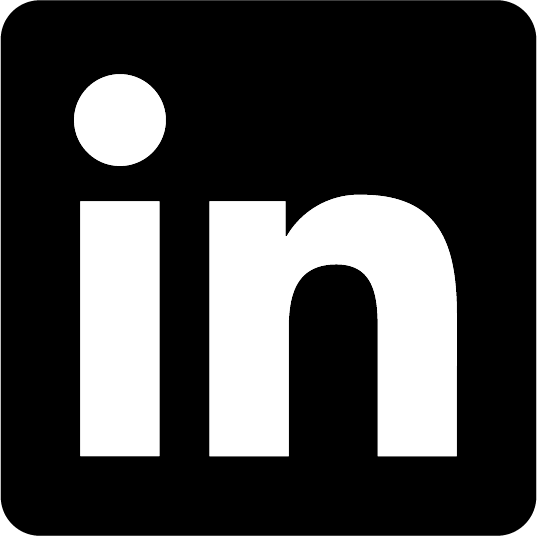Wintersemester 2025/26
Scheumann
Seminar, 2 Stundennach Vereinbarung, wöchentlich während des Semesters
Vorstellung der Projektskizze und des aktuellen Forschungsstandes in den einzelnen Projektbereichen. Kritische Diskussion von Vortragsstil, Methoden und Ergebnissen.
Pröhl, Radespiel
Seminar, 1 Stundennach Vereinbarung, wöchentlich
Schmidt
Anl. z. selbst. wiss. Arbeit., 3 Stundenganztägig, nach Vereinbarung
Anleitung zur Durchführung von wiss. Arbeiten. Erarbeitung einer Projektskizze entsprechend der Richtlinien von Drittmittelgebern.
AG VABI
SeminarMo 9:30-10:30 Uhr
WHO-Zentrum
Seminar für Examenskandidaten
Becker, Hellhammer, Stern
Seminar, 1 Stundennach Absprache
WHO-Zentrum
Radespiel
Seminar, 2 Stundennach Vereinbarung, wöchentlich während des Semesters
Vorstellung der Projektskizze und des aktuellen Forschungsstandes in den einzelnen Projektbereichen. Kritische Diskussion von Vortragsstil, Methoden und Ergebnissen.
Felmy
Seminar, 2 Stundennach Vereinbarung, wöchentlich während des Semesters
Vorstellung der Projektskizze und des aktuellen Forschungsstandes in den einzelnen Projektbereichen. Kritische Diskussion von Vortragsstil, Methoden und Ergebnissen.
Esser, Baumhoff, Chambers, Gernert, Haastert-Talini, Hildebrandt, Kral, Land, Stern
Vorlesung/Übung29.09.25-10.10.25
Vorlesung und Übungen
Grundlagen der zellulären und systemischen Neurobiologie und Neuropharmakologie
Modul Vertiefungspraktikum, Forschungskonzeption oder Bachelorarbeit
Gernert, Feja
Anl. z. selbst. wiss. Arbeit.ganztägig, Termin nach Absprache
Anleitung zur Durchführung von Bachelorarbeiten
Stern u. externe Experten
Seminar, 1 StundenGanzjährig jeden 1. Montag im Monat, 18:30 - 20:00
und 1-2 Exkursionen nach Absprache
Entomologisches Seminar mit Schwerpunkt auf der Biologie von Käfern.




